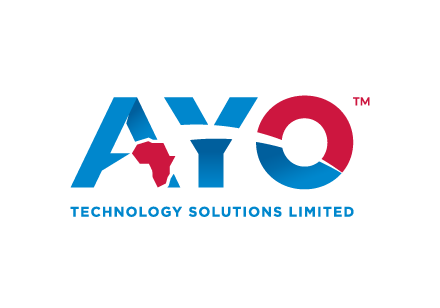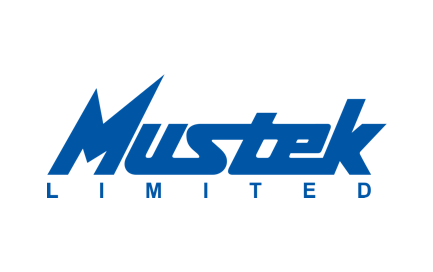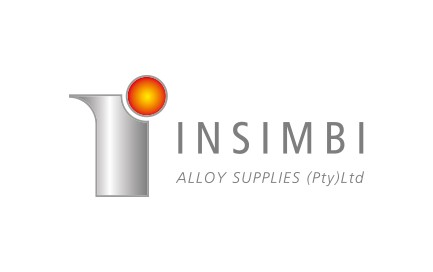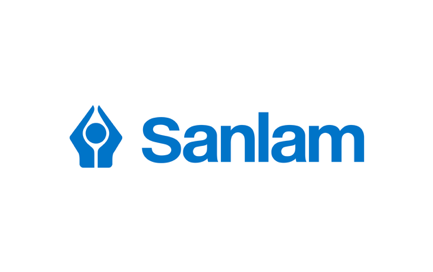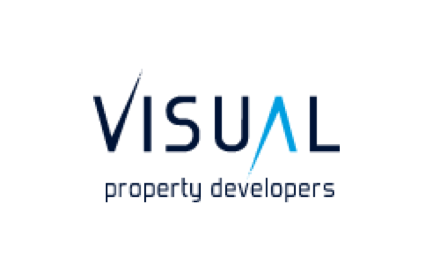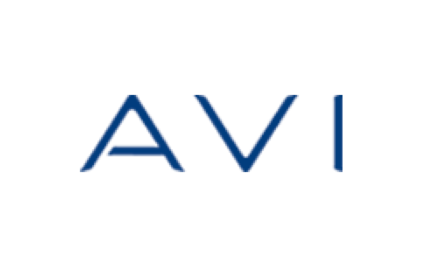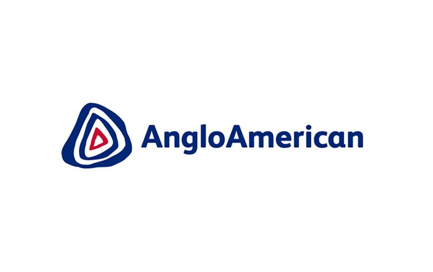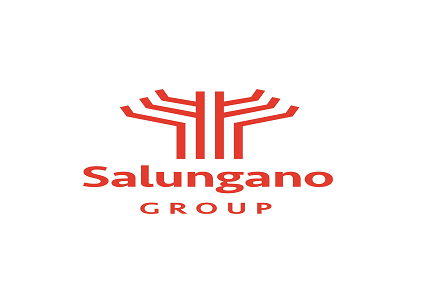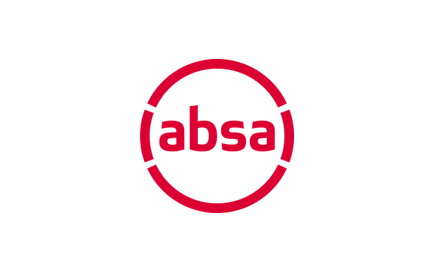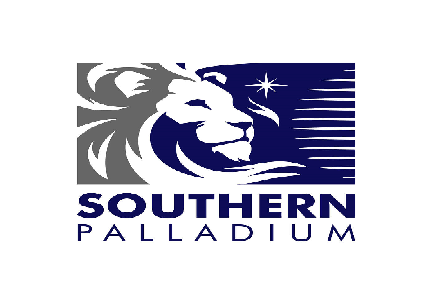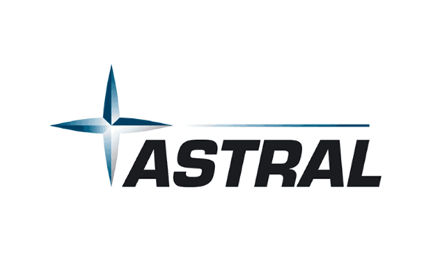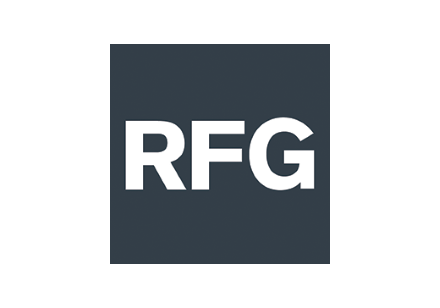AYO Technology sells Cyberantix to Mustek (JSE: AYO | JSE: MST)
This is a small deal valued at R20 million
Sizwe Africa IT Group is a 55% subsidiary of AYO Technology. This subsidiary has agreed to sell its 70% stake in Cyberantix to Mustek for a total consideration of R20 million. If you therefore apply the different shareholding levels, you’ll see that AYO only has a 38.5% look-through interest in Cyberantix.
In case you’re wondering, the other 30% shareholder in Cyberantix is NIL Data Africa, a party that isn’t related to AYO.
Cyberantix is a cybersecurity group. This is a good space to be in but is obviously hypercompetitive as well. The group needs more investment to reach its full potential and this doesn’t suit Sizwe Africa’s priorities right now. Instead, Sizwe Africa will take the proceeds from this deal and use them for other purposes, with a plan to put in place a strategic partnership with an already-scaled cybersecurity provider.
It’s a pity that Mustek didn’t release an announcement related to the deal, as they had an opportunity here to tell their story in terms of their plans here.
Cyberantix made profit of R4 million in the year ended June 2024. Sizwe Africa is selling a 70% stake for R20 million, which implies a value for the full group of R28.6 million and therefore a price/earnings multiple being paid by Mustek of 7.2x. It’s more complicated than that however, as the R20 million is split across claims (i.e. shareholder loans) of R12 million and shares of R8 million.
Although this technically brings the Price/Earnings multiple down to far better levels, these claims tend to be soft loans in nature and the reality is that Mustek is parting with R20 million for a 70% stake, regardless of how we cut it. That feels like a very good price for Sizwe Africa and a worryingly high multiple for Mustek.
Insimbi has given a tighter range for its earnings – or losses, I should say (JSE: ISB)
Thankfully, there are some non-recurring expenses in here
Insimbi Industrial Holdings has released yet another trading statement, this time giving a much more accurate range for the earnings for the six months to August. They are in the red, not just in terms of trajectory, but overall.
The headline loss per share is expected to be between -1.1 cents and -1.3 cents, a nasty swing from positive HEPS in the comparable period of 15.46 cents.
Although lower economic activity in South Africa over the period is one of the factors, they highlight various others as well: foreign exchange losses, once-off transaction costs for the rather elegant reverse asset-for-share transaction and other once-offs like retrenchment costs and legal fees. Interest rates aren’t helping either.
Detailed results are expected to be announced on 18 October.
Sanlam is the proud owner of Assupol (JSE: SLM)
The deal has now closed
Sanlam isn’t shy of doing deals, that’s for sure. The financial services giant operates across various emerging and frontier markets and always seems to be involved in some kind of transaction.
The Assupol deal was first announced in February 2024 and has now closed, so that’s a pretty quick transaction by usual corporate standards. The deal gives Sanlam additional reach into the Retail Mass market, which is a priority area for the group.
In life, you can either build it or buy it. Building it takes a long time, which is why many listing companies choose to buy instead.
Visual International looks to capitalise debt (JSE: VIS)
This means settling creditors through the issue of shares
A company is funded by either debt or equity. Technically, they are interchangeable, although only one of them can lead to bankruptcy. If you can convince a debt holder to become an equity investor instead, then it does a wonderful job of “plugging a hole” in a balance sheet.
Imagine if your bank offered to become a co-investor in your house instead, with no further interest payable. Lovely, right?
Capitalising debt (i.e. turning it into equity) is rare, as it requires debt holders to give up their preferential status in return for potentially more upside. In practice, it’s even more unusual to see it happen in a positive context. Usually, it’s to save a company. You also won’t find banks agreeing to this too often, so it only really works for debt in the form of shareholder loans or private equity investors with mezzanine structures (a mix of debt and equity invested in a company).
Visual International has announced that it will “restore the strength of the balance sheet” through extinguishing liabilities in the company through the issuance of shares. They will issue shares at a price of 4 cents per share, despite the current market price being 3 cents per share.
This should immediately tell you that the people agreeing to this have more to lose than just their loans. Indeed, the majority of the creditors are related parties. By issuing shares at a premium rather than a discount, the company doesn’t need to get a fairness opinion for the related party deal.
They will, however, need to issue a circular and get shareholder approval.
Nibbles:
- Director dealings:
- The CEO of AVI (JSE: AVI) received a share award and sold the whole lot to the value of R8.2 million. Remember, executives can choose to only sell the portion needed to cover taxes, so a decision to sell everything is a decision not to retain any shares over and above tax. In other words, it’s like any other sale of shares.
- A senior executive of Anglo American (JSE: AGL) sold shares worth a meaty £725k.
- A director of Heriot REIT (JSE: HET) bought shares worth R225k.
- Salungano (JSE: SLG) has renewed the cautionary announcement regarding business rescue proceedings at Keaton Energy. The next key milestone is a liquidation hearing scheduled on 11 October.
- Absa (JSE: ABG) has received regulatory approval for the appointment of Charles Russon as Interim CEO to replace Arrie Rautenbach. They also needed approval for Yasmin Masithela as Interim CEO of the Corporate Executive and Investment Bank.
- Southern Palladium (JSE: SDL) has appointed Roger Baxter as Executive Chairman of the company. He will focus on investor and government relations, while Managing Director Johan Odendaal will focus on the Bengwenyama Project itself. Speaking of that project, they expect to release the results of the pre-feasibility study before the end of October.
- Astral Foods (JSE: ARL) announced that Frans van Heerden, Executive Director and Managing Director: Poultry Commercial will be leaving the group. He’s accepted a career outside of the poultry industry. For the sake of his wellbeing, I hope it’s in an industry with higher margins! Poultry is tough.
- Greg Heron, previously of Leaf Property Fund and currently the CEO of Infinitus Holdings, is joining the board of Heriot REIT (JSE: HET) as a non-executive director. Although I generally ignore non-executive director appointments, a director with extensive experience in the same industry joining the board is worth a mention in my books, particularly at smaller listed companies.
- Another thing I look out for is changes to the lead independent director, with Thabo Leeuw resigning from that role at RFG Holdings (JSE: RFG) after being on the board for 11 years.
- Even though Chrometco (JSE: CMO) is suspended from trading, they still have to release things like cautionary announcements as they are technically still a listed company. Thy have renewed the cautionary announcements related to discussions around a major subsidiary.



